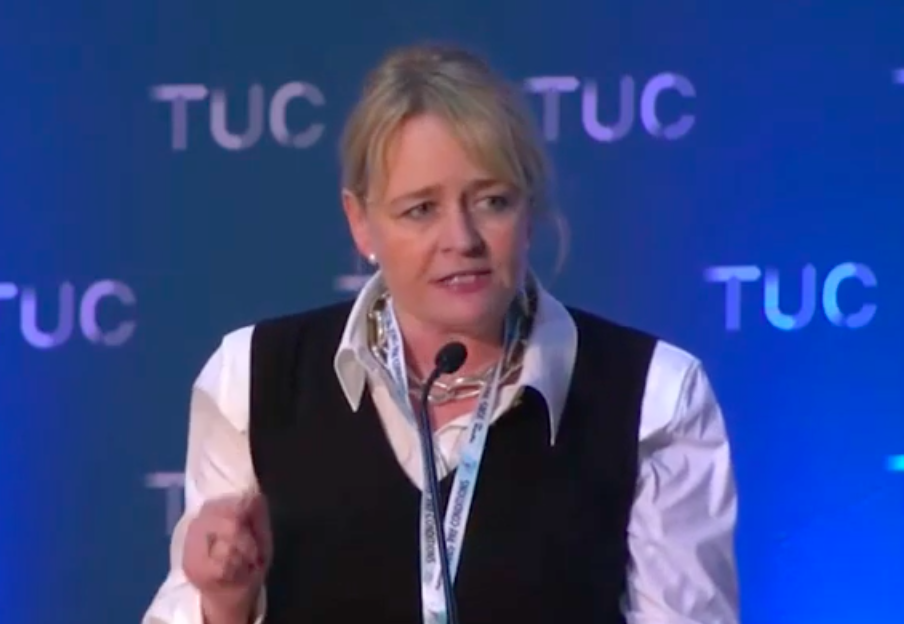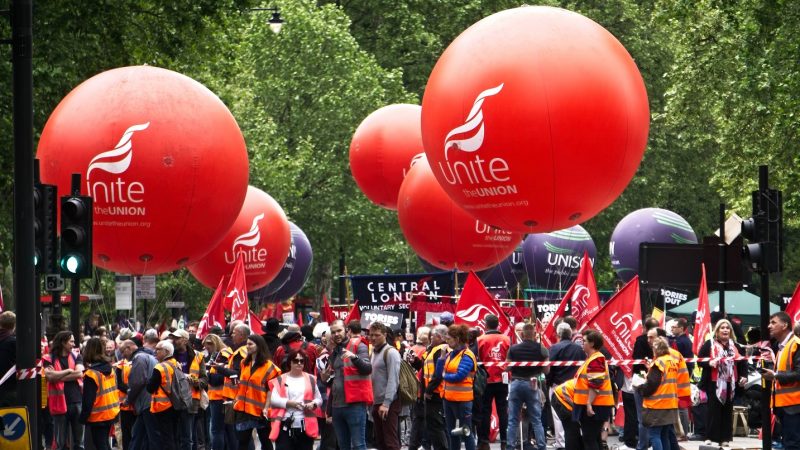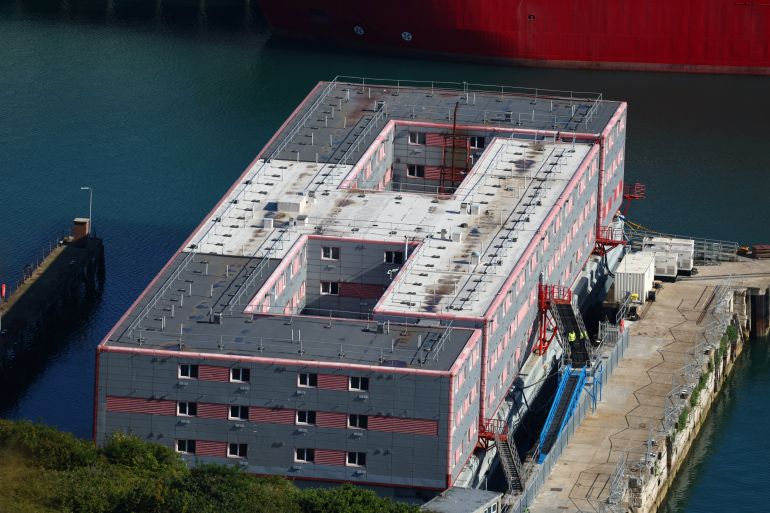As under-investigation water company makes eye-watering dividend payout, Tory MPs vote down sewage sickness compensation schem
'It’s shameful' that the 'Conservative government have once again put water companies’ profits before people’s health.'

Conservative MPs have been slammed for voting against a compensation scheme that would be awarded to swimmers who become ill from sewage in UK waters.
The amendment to the Victims and Prisoners Bill was tabled by Liberal Democrat MP, Tim Farron. It would have allowed anyone who gets sick as a result of illegal sewage dumping to claim compensation from water companies. But the amendment was voted down in the Commons on December 4.
The latest Surfers Against Sewage’s (SAS) annual report shows that during the last year, there has been 1,924 cases of illness due to suspected sewage pollution, marking an almost threefold increase on the year before. The Water Quality Report also found there were 301,091 sewage discharges in England during the 2023 bathing season.
In August, 57 swimmers fell sick after competing at the World Triathlon Championship series in Sunderland. The stretch of coastline off Sunderland has been the focus of a long-running battle between campaigners and the government over sewage discharges and regulatory failures. Australian triathlete Jacob Birtwhistle said he had felt unwell after the event. “Have been feeling pretty rubbish since the race, but I guess that’s what happens when you swim in shit. The swim should have been cancelled,” he posted on Instagram.
Northumbrian Water insisted it was not to blame for the sicknesses and that it had not recorded any discharges that might have affected the water quality at the coastal spot since October 2021.
In response to the turning down of the proposed sickness compensation this week, Victoria Collins, Liberal Democrat Spokesperson for Harpenden & Berkhamsted, said:
“It’s shameful that Bim Afolami, Gagan Mohindra and their Conservative government have once again put water companies’ profits before people’s health.
“It is a complete slap in the face to all those in Harpenden, Berkhamsted and our surrounding villages who expect their MP to stand up and fight for them, instead of for massive companies who have dumped filthy sewage into our rivers and lakes.”
Sarah Dyke, Lib Dem MP for Somerton and Frome, also criticised the government for voting against the amendment, and called for urgent government action.
“Our waterways can recover, but they need action now, before it is too late. We need a tax on sewage water companies, not huge holiday bonuses. We need a tough, toothed tiger shark of a regulator. We need our environment to have long-term protection from a serious and committed government.
“This government urgently needs to listen to the people speaking up for our silent water,” said Dyke.
Labour is calling on the government to give water regulators the power to ban the bonuses of the chief executives of water companies, if their organisations are polluting UK waterways. The calls were made in a motion tabled to the House of Commons this week.
The senior executives of five of the 11 water companies which manage sewage took bonuses in 2023. Those at the other six turned them down, following public outrage. South East Water, has reportedly paid out dividends of £2.25m over six months while overseeing increased losses of £18.1m before tax and being in a mountain of debt. The company is already under investigation by the water regulator OFWAT, after thousands of the company’s customers were left without running water this summer.
Following the news of South East Water payout, GMB, the water union, criticised the ‘payout’ culture of the UK’s water sector. Gary Carter, GMB National Officer, said:
“People are utterly sick of hearing about failing water companies stumping up fortunes in dividends.
“OFWAT and the government must put an end to the water sector’s out of control payout culture.
“This money needs to be spent investing in infrastructure to reduce sewage spills and clean up the country’s rivers, before shareholders get their piece of the pie.
“For too long money has been flowing out and debts have been piling up. It must stop.”
Labour accused the government of allowing the water firms to openly pollute Britain’s lakes, rivers and seas with sewage.
“This Conservative government has wilfully turned a blind eye to negligence at the heart of the water industry.
“The result is stinking, toxic sewage destroying our countryside, and consumers facing higher bills while water bosses pocket millions in bonuses,” said shadow environment secretary Steve Reed.














:quality(70)/cloudfront-us-east-1.images.arcpublishing.com/archetype/ROK5DH6NEFBSRJ2TPEWABOVOPM.jpg)
:quality(70)/cloudfront-us-east-1.images.arcpublishing.com/archetype/PDFQWG46P5FNXF77MEBPGK2AJY.png)
 ReutersTurkey's Interior Minister Ali Yerlikaya visited referee Halil Umut Meler in hospital on Tuesday
ReutersTurkey's Interior Minister Ali Yerlikaya visited referee Halil Umut Meler in hospital on Tuesday